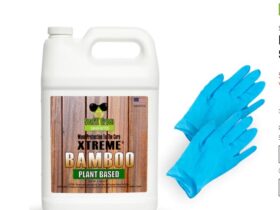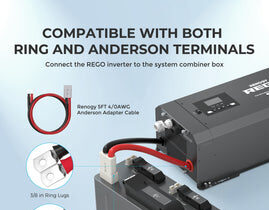
If you have a broken or old car that you no longer need or want, selling it to a junkyard can be a great way to turn your trash into cash. Junkyards are interested in buying vehicles regardless of their condition, and they can offer you money for how to scrap a car and materials. In this guide, we will walk you through the process of selling your broken or old car to a junkyard and help you maximize your earnings.
Assess the Condition and Value of Your Car
Before contacting a junkyard, it’s important to assess the condition and value of your car. Consider the following factors:
- Mechanical Condition: Evaluate the overall mechanical condition of your car. Determine if it’s running, if there are any major issues, or if it’s completely non-functional.
- Body Condition: Inspect the body of the car for any damage, rust, or significant wear and tear. The better the condition, the higher the potential value.
- Salvageable Parts: Identify any valuable parts that can be salvaged from your car. This includes components like the engine, transmission, catalytic converter, battery, and any other parts that are in good working condition.
- Market Demand: Research the demand for your car’s make, model, and year. Certain vehicles or parts may be more sought after, potentially increasing their value.
Research Local Junkyards
Next, research local junkyards in your area that buy cars. Look for reputable and licensed junkyards with positive reviews. Consider factors such as their reputation, customer service, and the prices they offer for vehicles.
Contact Junkyards and Get Quotes
Contact the junkyards you have identified and provide them with accurate details about your car’s condition. Be prepared to answer questions about the make, model, year, mileage, and any issues it may have. Request quotes from multiple junkyards to compare their offers.
Negotiate and Finalize the Deal
Once you have received quotes, compare them and consider negotiating to get the best possible price for your car. Be honest about the condition of your vehicle and provide any supporting documentation or photos if requested. Negotiation may involve discussing the value of salvageable parts or the weight of scrap metal.
Once you have agreed on a price, clarify the terms of the sale, including who will handle the transportation of the car to the junkyard. Some junk yards offer free towing services, while others may require you to arrange transportation yourself.
Prepare Your Car for Sale
Before delivering your car to the junkyard, make sure to complete the following steps:
- Remove Personal Belongings: Take the time to remove all personal belongings from the car. Check all compartments, including the trunk and glove box, to ensure nothing is left behind.
- Transfer or Cancel Registrations: Cancel or transfer the registration of the vehicle according to the requirements of your local Department of Motor Vehicles (DMV).
- Remove License Plates: Remove the license plates from the car, as they typically cannot be transferred to a new owner.
Complete the Transaction
When delivering your car to the junkyard, ensure that you have all the necessary paperwork, including the title or proof of ownership, release of liability, and any other documents required by your local DMV. Complete the paperwork as instructed by the junkyard, and make sure to retain copies for your records.
Upon completing the transaction, the junkyard will provide you with payment. Depending on their policies, you may receive cash, a check, or a direct electronic transfer.
Conclusion
Selling your broken or old car to a junkyard allows you to transform what may seem like trash into cash. By assessing the condition and value of your car, researching local junkyards, getting quotes, negotiating, and completing the necessary paperwork, you can maximize your earnings from the sale. Remember to choose reputable junkyards, be transparent about your car’s condition, and follow the proper procedures to ensure a smooth and successful transaction.







